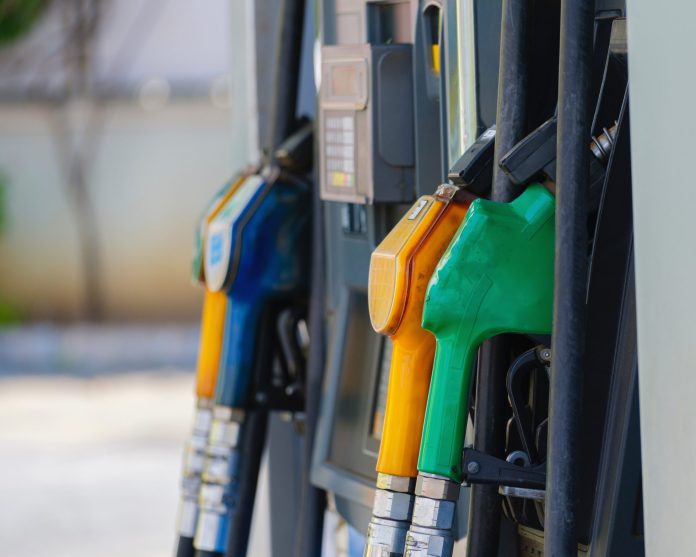Taking a road trip over weekends is about to become even more of a luxury, as the price of fuel will increase by a record amount from Wednesday.
Both 93 and 95 unleaded petrol will increase by R1.71 a litre.
Diesel will be hiked by R2,84 a litre. While Illuminating paraffin prices will be hiked by R2.78 a litre.
The Automobile Association has warned embattled consumers to brace themselves for the massive fuel hikes.
The AA says the hikes to petrol prices will be the highest since July last year, while the increases to diesel prices will be record hikes.
The increases are largely being driven by higher international oil prices which have risen on the back of slow demand and decreased output.
The Reuters news agency, for instance, yesterday reported that analysts expect that Saudi Arabia, the world’s biggest oil exporter, would extend its voluntary output cut into October, keeping oil supply tight and prices high.
According to the CEF’s data, higher international oil prices are contributing between 80% and 88% to the expected increases with the weaker Rand/US Dollar exchange rate contributing the rest.
While the Rand has weakened on average against the Greenback in August, it’s not a major contributor to the expected increases – that falls squarely on rising international oil prices.
The Association says the increases to the fuel prices – especially to diesel – will have negative consequences for all consumers as higher input costs will be recovered through higher prices at the till.
“Motorists will certainly feel the pinch in terms of higher prices at the pumps but consumers across the board can expect higher prices to all goods and services because of these hikes. In this environment we reiterate our advice to motorists that they should keep their vehicles in good mechanical condition and their tyres inflated according to manufacturer’s specifications to ensure optimal fuel usage.
“Avoiding heavy traffic, not overloading the vehicle, and minimising driving where possible are other measures to decrease fuel consumption,” says the AA.
Fuel Pricing Structure
In relation to the structure of the fuel price, the Association welcomes the publication of the Review of administered prices in South Africa: The petrol price, by two senior economists at the South African Reserve Bank.
In their review, the economists echo much of the AA’s views on the issue of fuel pricing, including calling for a review of the methodology for calculating retail margins and a reconsideration of proposals “to move the petrol price to a maximum (rather than regulated) price”. The report also calls for a review of the methodology of reviewing inland transport costs and the updating of “several outdated elements of the basic fuel price calculation”.
“What is significant in the report is a call for a ‘review of the viability of the Road Accident Fund (RAF) against alternative approaches, notably compulsory third-party insurance. While the issue of compulsory third-party insurance needs further, deeper discussion, we concur with the researchers that there is institutional failure at the RAF, and that ‘the rising cost of the RAF levy means that the additional cost to petrol prices has rapidly eroded the cost benefit for drivers relative to mandatory private insurance’,” notes the AA.
With this in mind, the AA again calls for urgent intervention in the RAF, and for an immediate review of the RAF levy which currently comprises R2.18 on every litre of petrol and diesel sold in the country.
“The RAF secures around R42bn in funding annually through the RAF levy on fuel, but citizens derive little benefit from their contributions,” the AA notes.
The Association says the publication of the review of the petrol price is an important and significant development and that government must seriously consider its findings.
“South Africans remain financially constrained, and the outlook is bleak for millions of people. While there are many economic challenges to overcome, the Association believes dealing effectively with the fuel price, and introducing sustainable measures to mitigate against rising fuel costs, is a vital part of beginning to address those challenges,” the AA concludes.


